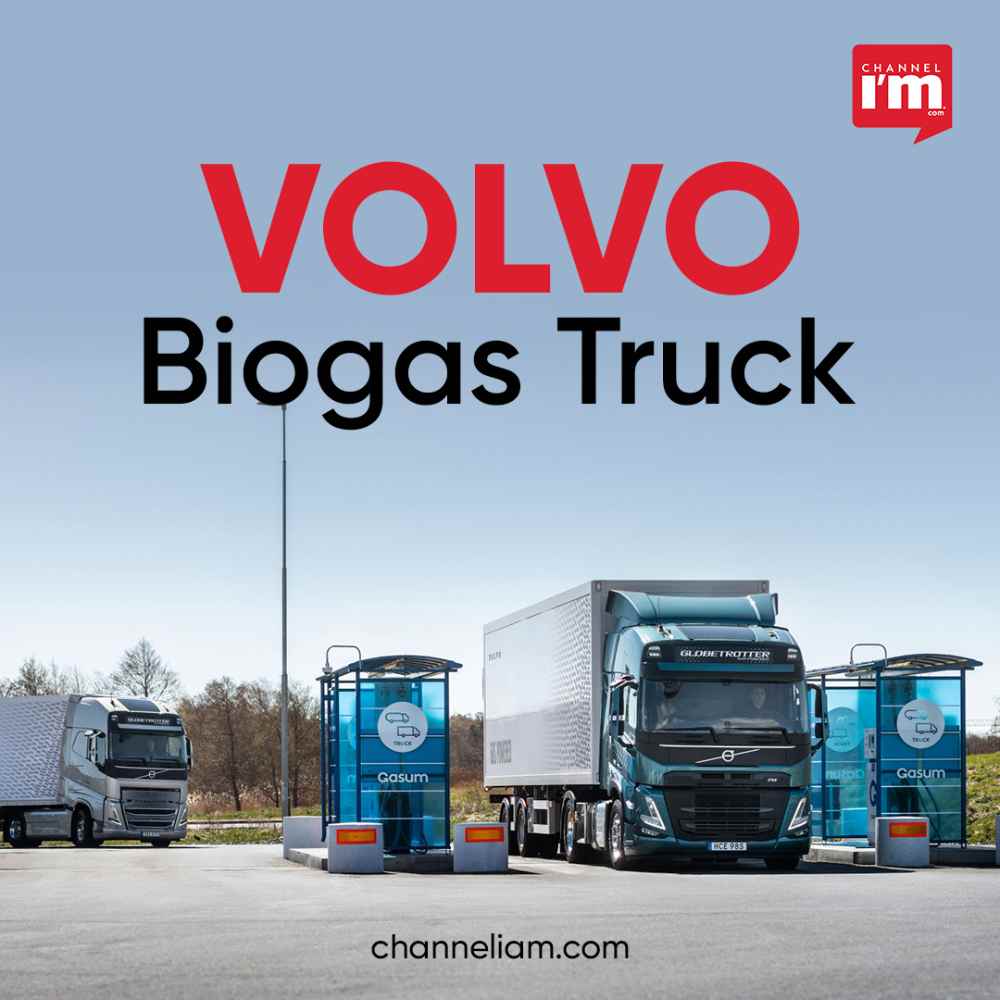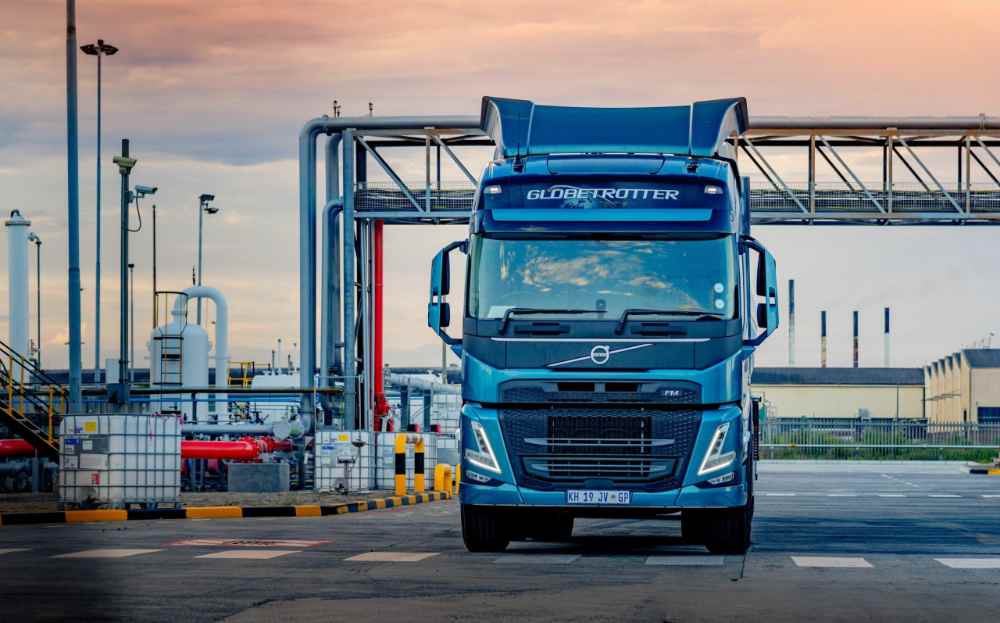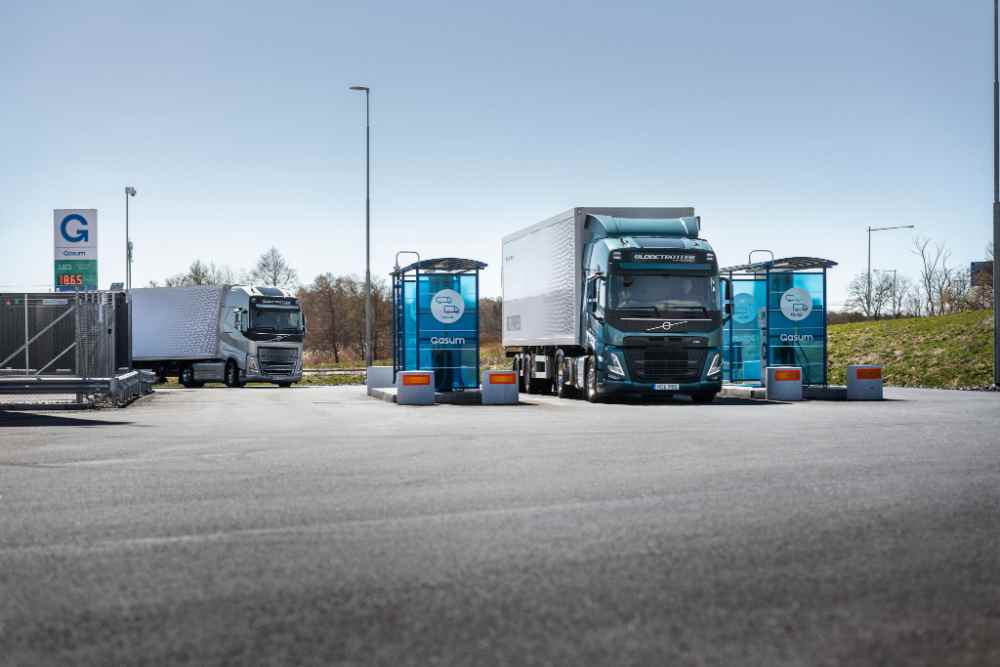
With updates, Volvo Trucks’ gas-powered Volvo FH and FM trucks can now travel longer distances and tow greater loads using renewable fuel.
Liquid biogas (bio-LNG), an alternative fuel that can, according to Volvo Trucks, reduce CO2 emissions by up to 100%, will be used in the company’s new, highly-powered vehicle that can travel great distances.
The business said that its new gas-powered Volvo FH and FM trucks would have 500 hp, an increase over its previous biogas versions, and include “significant technical enhancements” that would make them up to 4% more fuel-efficient.
Due to increased fuel economy and 10% larger gas tanks, trucks will be able to go up to 1,000 miles without refuelling.
Any organic waste that may be digested to make biogas, such as food waste, sludge from treatment plants, and other organic materials, can be used to create biogas, a renewable alternative to the conventional fossil fuel liquefied natural gas (LNG).

According to Daniel Bergstrand, product manager for gas-powered trucks at Volvo Trucks, “Biogas is a perfect complement to electric transport solutions, assisting hauliers with their sustainability objectives and aims towards climate neutral transport.”
In addition to its new battery electric trucks, fuel cell trucks, and combustion engines that use renewable fuels like biogas, HVO, and hydrogen, Volvo said the new gas-powered vehicles are a key component of its three-pronged strategic roadmap to achieve zero emissions.

Considering that the availability of energy and fuel infrastructure varies widely among nations and areas, Bergstrand said the company was looking into a number of ways to secure its pathway to zero emissions.
The annual production of biogas is projected to increase 10-fold to 35 billion cubic metres by 2030, in accordance with the EU Commission’s REPower EU strategy. Additionally, more than 78 bio-LNG plants are expected to be operational in Europe by 2024, with Germany, Italy, and the Netherlands expected to maintain their leadership positions.
